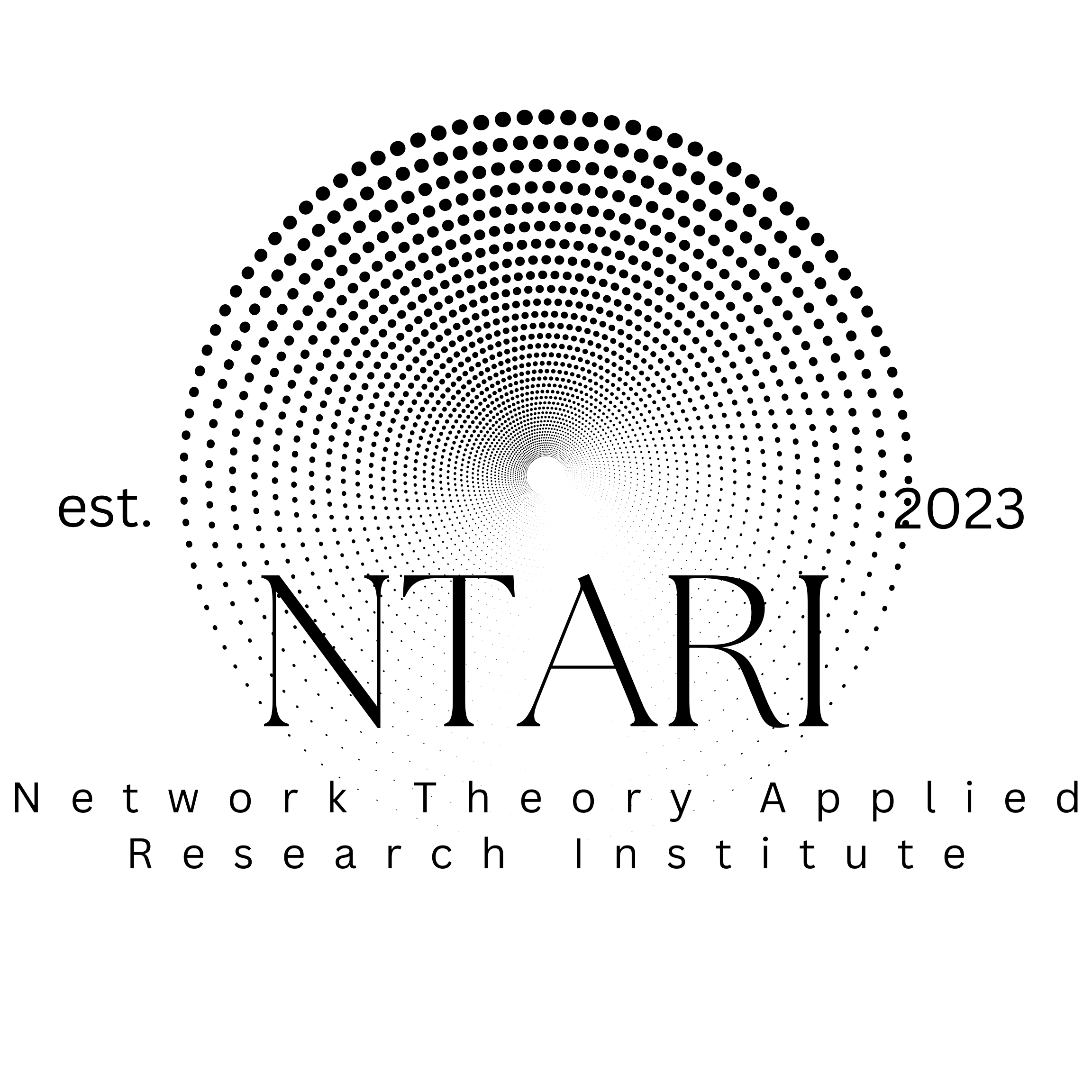The Dialog Begins
- the Institute
- Nov 16, 2025
- 1 min read
Q: What is Anthropology?

Anthropology is the study of humans and human societies across time and space. It's a broad field that examines what makes us human by looking at our biology, culture, language, and social organization.
The discipline typically includes four main subfields:
Cultural Anthropology focuses on how people live today - their customs, beliefs, social structures, and ways of organizing their communities. Cultural anthropologists often do fieldwork, living among the groups they study.
Archaeology studies human societies through material remains like tools, buildings, and artifacts. Archaeologists reconstruct how people lived in the past and how cultures changed over time.
Biological (or Physical) Anthropology examines humans as biological beings - our evolution, genetics, physical variation, and relationship to other primates. This includes studying fossil evidence of human ancestors.
Linguistic Anthropology investigates how language shapes social life and cultural meaning. It looks at how people communicate and how language reflects and creates social relationships.
What makes anthropology distinctive is its holistic approach - it considers humans from multiple angles simultaneously - and its comparative perspective, examining similarities and differences across cultures and throughout history. Anthropologists are particularly interested in understanding human diversity while also identifying what's universal about the human experience.
The field emerged in the 19th century but has evolved significantly, with modern anthropologists paying close attention to issues of power, globalization, and the ethics of studying other cultures.





Comments